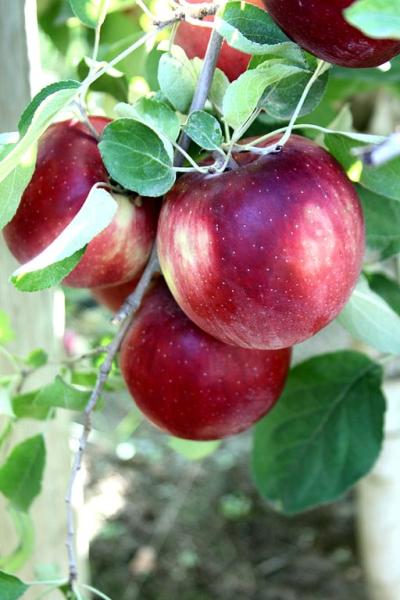The Internet is full of those Top Choose any number you want topic articles. But how can you resist a video (5-minutes) produced by the American Chemical Society on the "Top 5 poisons?" I couldn't. Not to worry, it is a long shot that you will be near the Tree of Death or encounter a Golden Frog; and Ricin seems to be the poison of choice for spies. Here in the US, Big Pharma has tamed the most deadly of all poisons into a $3.8 billion global market. Hint/Spoiler Alert – Think wrinkles
"For well over a century, it has been widely assumed that the ancestors from which the first animal evolved were simple blobs of identical cells. Only later, after the animals formed their own branch on the tree of life, did those cells start to differentiate into various cell types with specialized functions. But now, painstaking genomic analyses and comparisons between the most ancient animals alive today and their closest non-animal relatives …paints a picture of ancestral single-celled organisms that were already amazingly complex. They possessed the plasticity and versatility to slip back and forth between several states — to differentiate as today's stem cells do and then dedifferentiate back to a less specialized form."
It seems that Darwin's theory of evolution continues to evolve. And don't be put off by the title, it is sciency, not hard science prose. From Quanta, Scientists Debate the Origin of Cell Types in the First Animals(10-minute read)
"In 1993, Clinton's Deputy Secretary of Defense, Bill Perry, called defense contractor CEOs to a dinner, nicknamed "the last supper." He told them to merge with each other so as, in the classic excuse used by monopolists, to find efficiencies in their businesses. … In 1997, Boeing, with both a commercial and military division, ended up buying McDonnell Douglas, a major aerospace company and competitor. With this purchase, the airline market radically consolidated. Unlike Boeing, McDonnell Douglas was run by financiers rather than engineers. …The merger sparked a war between the engineers and the bean-counters; as one analyst put it, "Some of the board of directors would rather have spent money on a walk-in humidor for shareholders than on a new plane." The white-collar engineers responded to the aggressive cost-cutting and politically motivated design choices with the unthinkable, affiliating with the AFL-CIO and going on strike for the first time in the company's 56-year history. "We weren't fighting against Boeing," said the union leader. 'We were fighting to save Boeing.' "
Boeing's 737 Max continues to be a problem, and the economic consequences are growing. Here is a more in-depth look at the cause of this failure to be safe and a prediction about how we will bail out another company, "too big to fail." From Matt Stoller, a fellow at the Open Markets Institute, The Coming Boeing Bailout. (7-minute read)
"In those early days, the company, just like almost everybody else in Washington, primarily produced Red Delicious apples, … Back then, the state apple commission advertised its wares with a poster of a stoplight: one apple each in red, green, and yellow. Today, across more than 4,000 acres of McDougall apple trees, you won't find a single Red… Instead, McDougall is betting on what he calls "value-added apples": Ambrosias, whose rights he licensed from a Canadian company; Envy, Jazz, and Pacific Rose, whose intellectual properties are owned by the New Zealand giant Enzafruit; and a brand-new variety, commercially available for the first time this year and available only to Washington-state growers: the Cosmic Crisp."
Today's foodie buzz remains 'farm to table.' And truth be told, we know as much about that journey as we know about ocean to table or yard to table – very little. The Launch(15-minute read), from California Sunday Magazine provides us with a view of what that journey entails, not just for, in this case, the apple, but the growers, distributors, marketers and increasingly branders. The Cosmic Crisp will be on our shelves this fall – it's time to meet the new apple on the block, set to displace the Honey Crisp.




